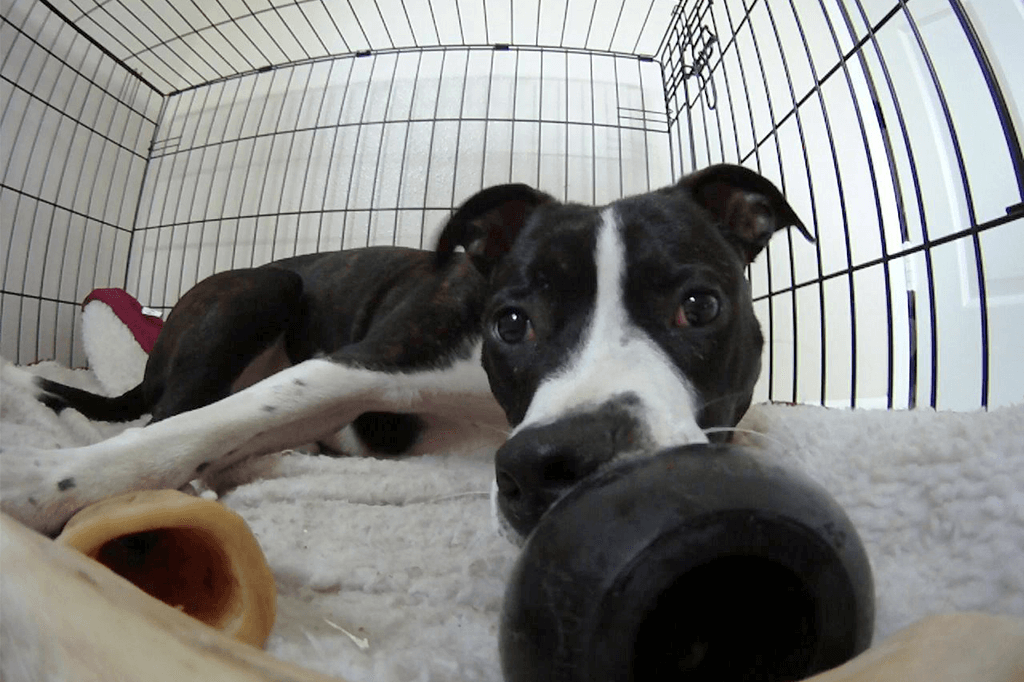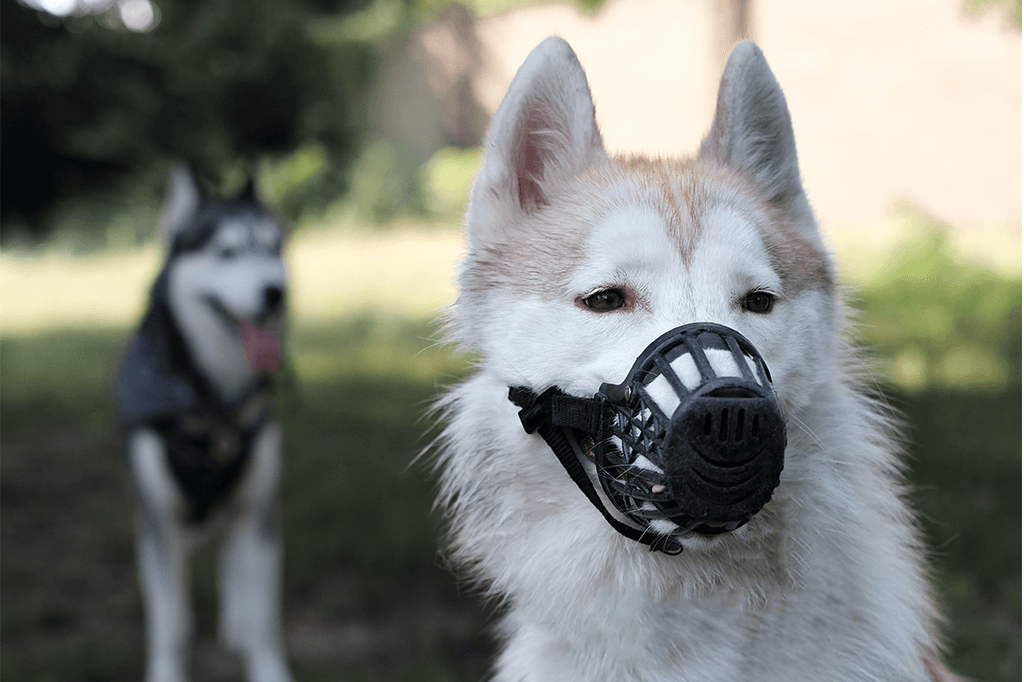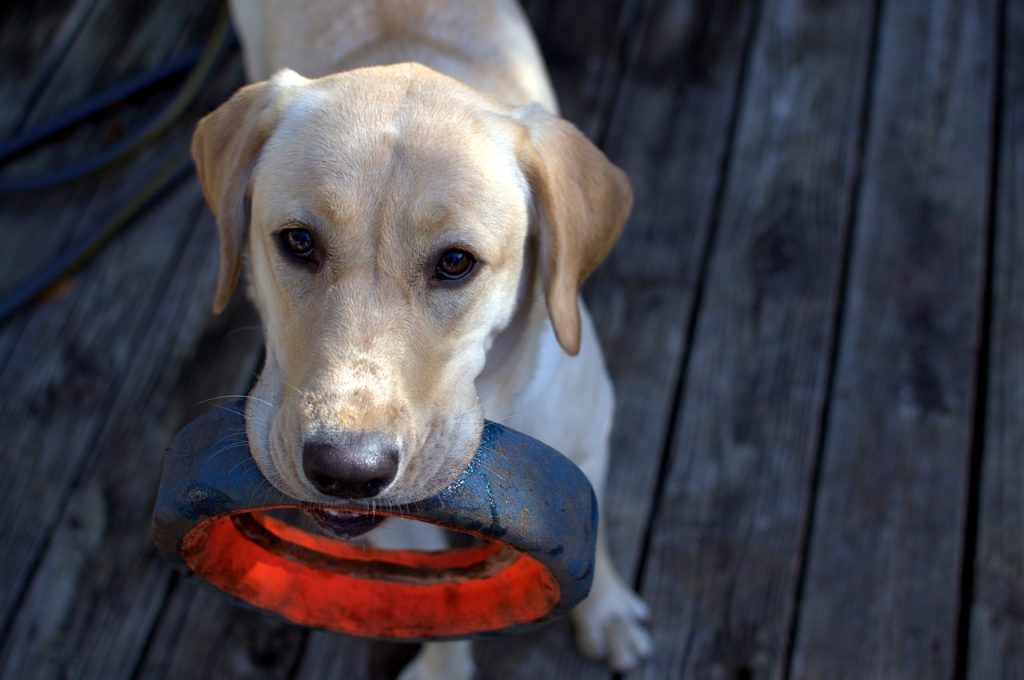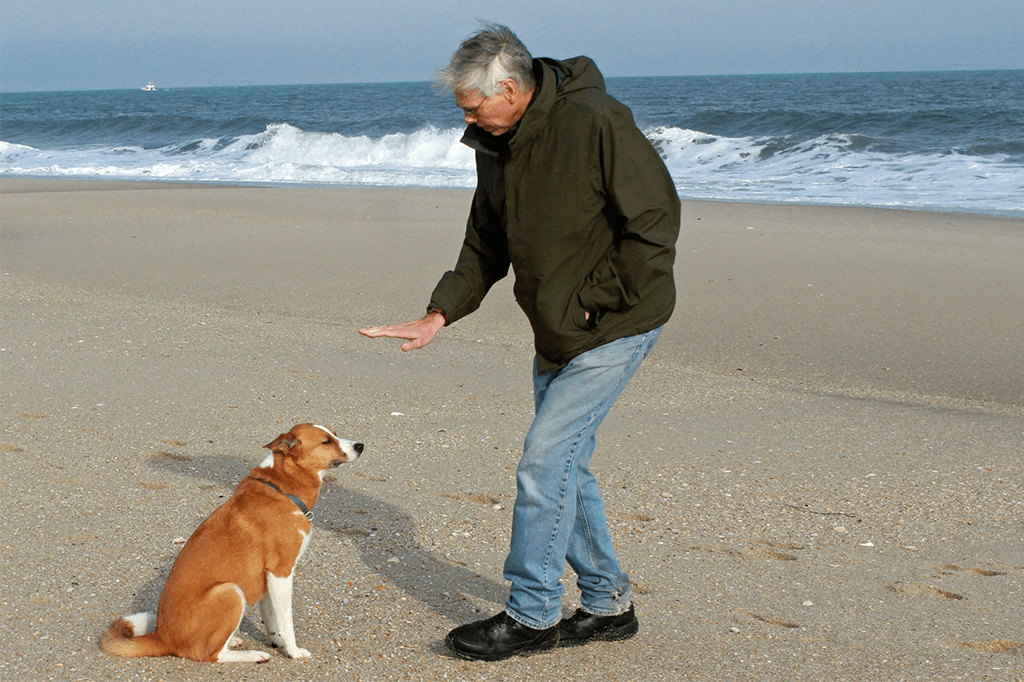4 Common Puppy Training Troubles – Which One Do You Need To Solve?
When you first see your puppy, you will probably find yourself enamored by how cuddly and adorable he is! However, puppy training requires a great deal of work and consistency to get your puppy to the status of being a mature dog. We’ll address some of the more common puppy training problems such as housebreaking, jumping, chewing, and biting.
How to solve the 4 common Puppy Training Problems?
Housebreaking
Housebreaking your puppy acts as one of the most important parts of training a new canine member of your family. Few things cause more frustration than finding a “gift” that your little pup has left on the carpet or flooring of your home! But with a strict routine—and a lot of patience—you can housetrain your puppy in a short time.
Here are some tips for housebreaking your puppy:
- Choose a “potty spot” to be the place you take your dog when it’s time to pee or poop.
- Beginning at just eight weeks old, take your pup to the potty spot every thirty minutes, as well as within just a few minutes of eating. Then wait long enough for the puppy to go.
- Choose a word or command that represents this action such as “go potty” or “go out” to reinforce this part of your puppy training.
- When your pup relieves himself in the right place and time, praise him and actively use positive reinforcement.
- Sometimes your dog doesn’t go when he has the opportunity. When this happens, keep him on a leash or in a crate and try again in 15 minutes.
- Don’t leave your puppy unattended while you are housetraining him. If you watch your pup at all times, you’ll be able to catch him if he starts to go inside. When this happens, tell him “no”, and take him out to his “potty spot” right away.
- Use consistency and prevention in puppy training to encourage your dog to “hold” his urine or feces for longer periods of time and expand the time in between trips to the potty spot.
Jumping
Tiny, cute pups grab at your heart and jump on your lap! And as they get more and more excited, pups want attention and affection, which means that they jump even more. While you might find a jumping puppy to be adorable, a full-sized jumping dog doesn’t have the same attraction.
Some tips for breaking puppies of jumping:
- Breaking a dog of jumping works much better if you can start when he is very young. This allows you to stop bad habits before they start.
- Never touch your pup unless all 4 feet are touching the ground. No love or affection at all. Otherwise you offer a positive reward for negative behavior.
- Insist that your puppy sits before being introduced to a stranger who wants to say hello. It won’t take long until your dog realizes that the best way to get attention is to keep his feet on the floor.
Chewing
If you’ve ever found you designer shoe with teeth marks on it, then you know how upsetting a puppy with a chewing pup can be! They really come by it honestly, but that doesn’t make it any less destructive. In an effort to exercise their jaws and practice using their teeth, puppies have a tendency to want to chew. They may also chew out of stress or to explore. Teach your pup from an early age the appropriate types of chewing in contrast to inappropriate chewing. Here’s how:
- Prevention works as the best possible cure in any puppy training adventure, including chewing.
- Work hard to avoid leaving anything lying around within the reach of your pup.
- For furniture, take advantage of a chew-deterring spray such as “Get Off” or Bitter Apple. Apply daily.
- Just as with potty training, never leave your puppy unattended. If you catch your pup trying to chew, use a firm “leave it” command and remove the item. Praise him immediately when he stops.
- Provide appropriate chew toys for your dog to get out his aggression and cut his teeth on.
Biting
Without proper puppy training, your dog is likely to bite or nip. This behavior not only annoys but it can also be dangerous as your pup grows larger. Over-excited puppies particularly have a tendency to use their mouths. They can also end up eating things (like socks) that their bodies don’t digest well.
Some tips to get your pup to stop biting or nipping:
- If your puppy bites or nips while you are playing, then get up and walk away. This will teach him quickly that play time ends when he bites.
- When he wants to chew on your hand, have a chew toy handy to show him where he can appropriately bite.
- Praise your dog for choosing to bite on his toy instead of you.
- If your pup gets over-excited, try to get him out of the fray. Move him to a quiet corner or put him on a leash to help him calm down.
- Work on some obedience training activities. Re-grouping your dog’s thought process may allow him to get away from the excitement and re-focus on a training task.
Training your pup can prove to be difficult, but also very exciting! Dogs thrive well and feel safe when their masters provide them with consistency. As you teach your dog to understand your expectations, build good habits, and follow rules and structure, you provide him with a great foundation to grow into a well-behaved dog. And into your very best friend.



